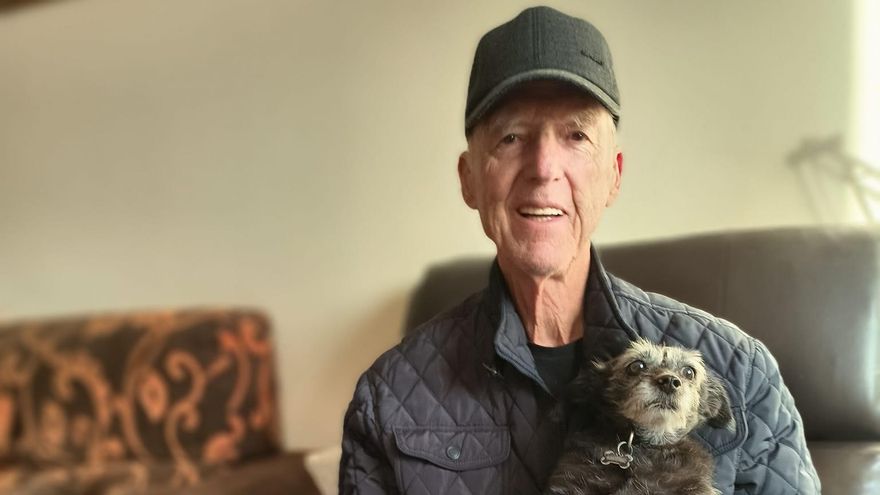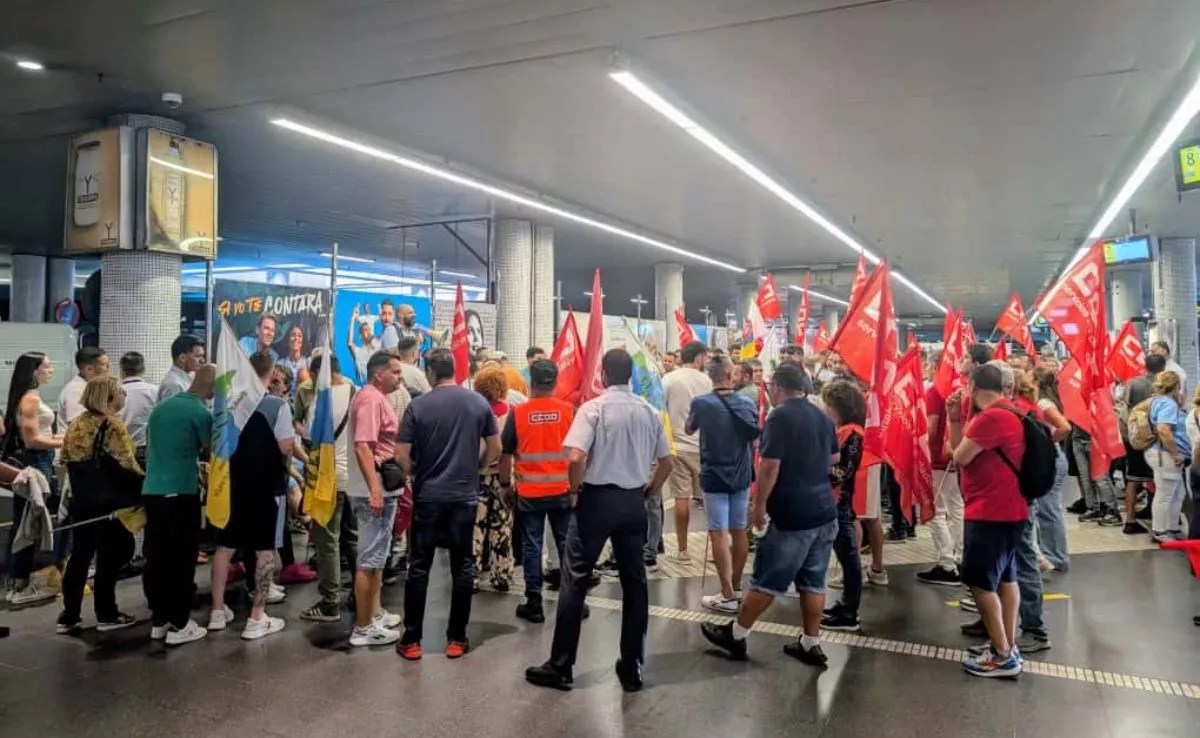
Juan Peña enjoys the tranquility of his retirement. From the beige armchair in his home, surrounded by family, he watches his one-year-old grandson stroll through the living room, bringing him toys to capture his attention. Earlier this year, he concluded his working life at the family petrol station.
On 8th September, he celebrated his 75th birthday by blowing out the candles on a sugar-free cake—necessary due to his diabetes—decorated with nods to his favourite things: his dog Zorro and a pitaya tree, an exotic fruit that has become his latest obsession.
The Oldest Petrol Station
Peña grew up with petrol in his veins. His grandfather, also named Juan Peña, opened the Barranco Hondo service station in April 1926, which is regarded as the oldest in Tenerife.
Initially, the business was straightforward, consisting of an underground tank with a pump and two dispensers—one for petrol and a smaller one housed in a drum. “I developed muscles because when the drum ran out, I had to lower the pump inside until it was all gone,” he recalls.
For 27 years, Peña was the heart of the business, which became a symbol of the Barranco Hondo community. Until the southern motorway was built in the 1970s, the station was “a mandatory stop” on the old road between Santa Cruz and Güímar, as it was the only one on the entire route.
The petrol station shared prominence with the family bar located directly opposite. Travellers often stopped there for a meal before refuelling. “Everyone knew my family,” he explains.
His life revolved around the pumps, as he opened from Monday to Saturday, from 6:00 am to 10:00 pm. Always alone. To cope with those grueling hours, his two daughters and ex-wife would bring him meals or fill in for a while so he could “dash home for a quick bite and return running.”
More Than A Service
Before settling permanently at the petrol station, Peña began studying to be a teacher, but soon abandoned it to try his luck at a block factory in Güímar. It was then that his father asked him the pivotal question that led him to the service station: “Why do you need to work there when you have the petrol station next to your house?” From that moment, there was no turning back.
At the station, he learned to do everything: change tyres, check spark plugs, replace oils… The service extended far beyond just supplying petrol and became increasingly comprehensive. Over time, the workload became excessive, and he had to hire someone to help him.
Although the petrol station never stopped being what it always was—a small, family-run, vital place for the community—he adds, “I feel that I have provided a public service for the municipality of Candelaria and for the people of Barranco Hondo.”
Two decades of lifting cars took a toll on his back, leading to a pinched vertebra that necessitated surgery where they placed “a couple of screws.” Although he returned to work, he could no longer handle the heavier tasks and focused on the essentials: providing fuel. “The petrol station has given him all the good things he has, but also all the bad,” his daughter Nuria sums up.
















